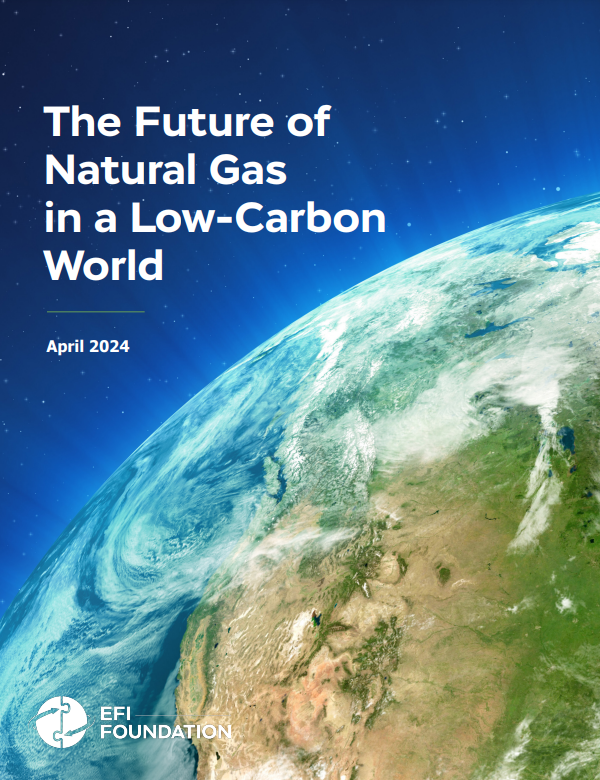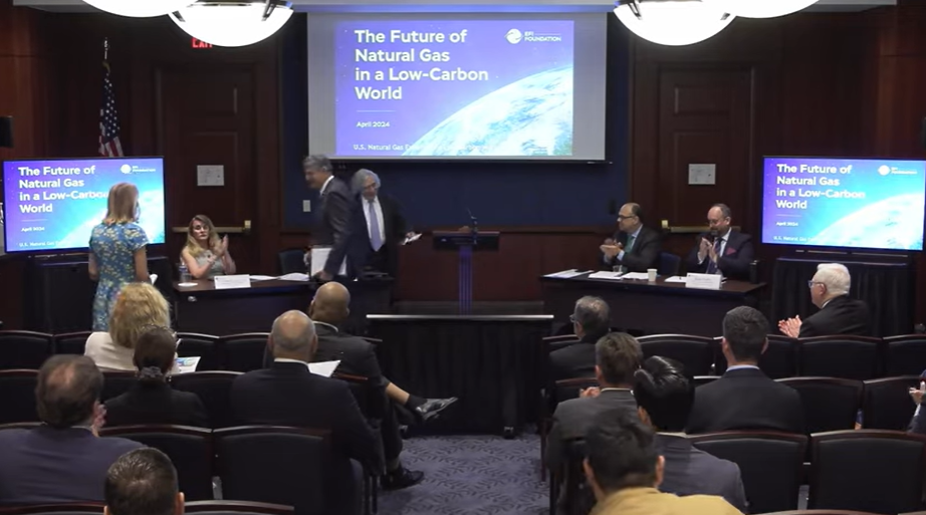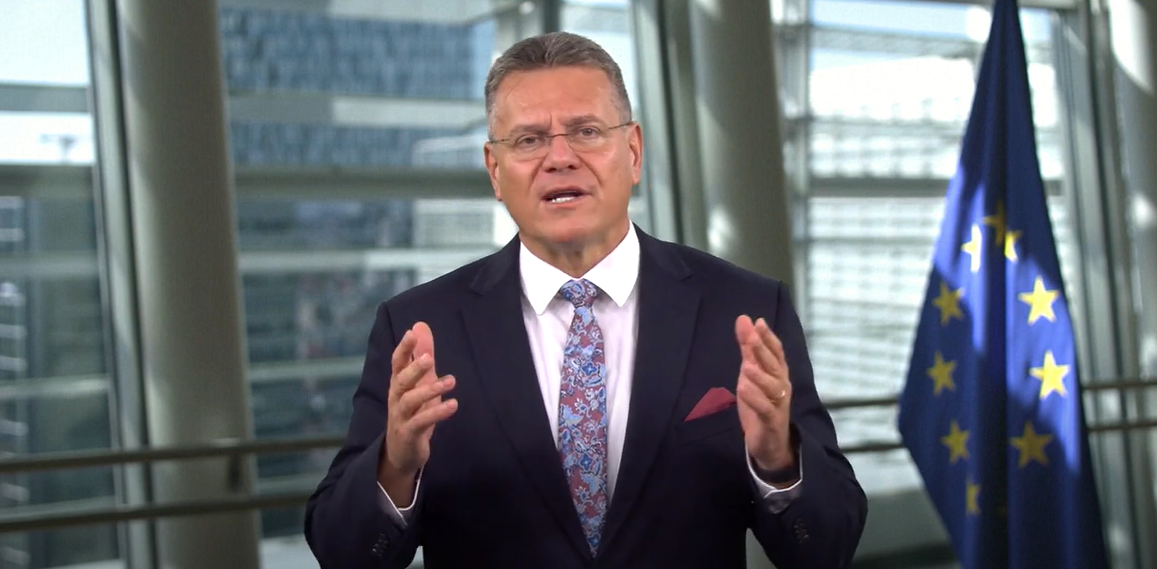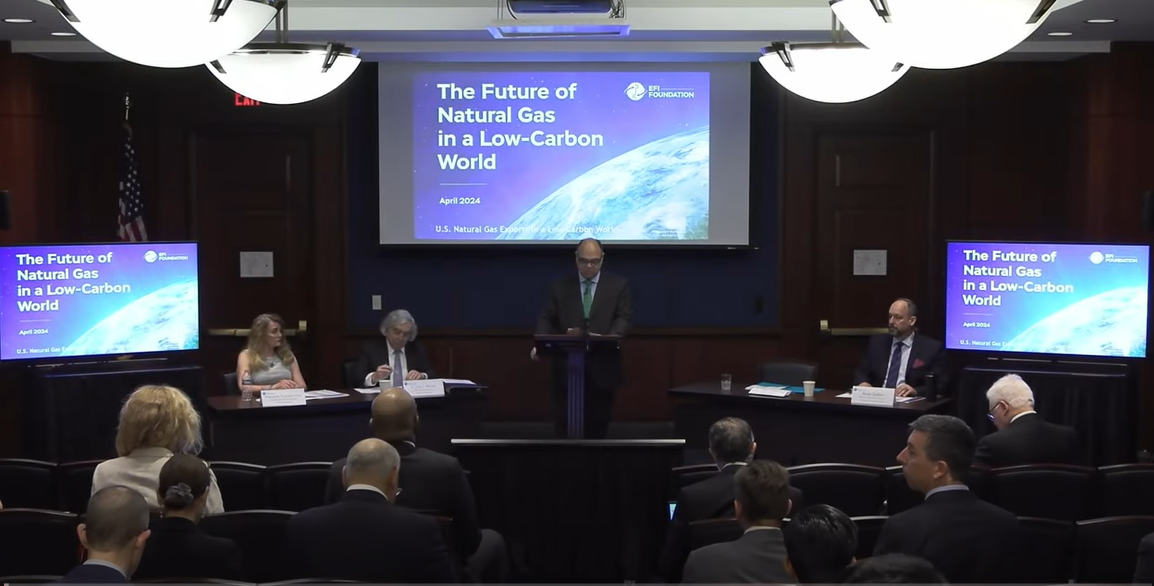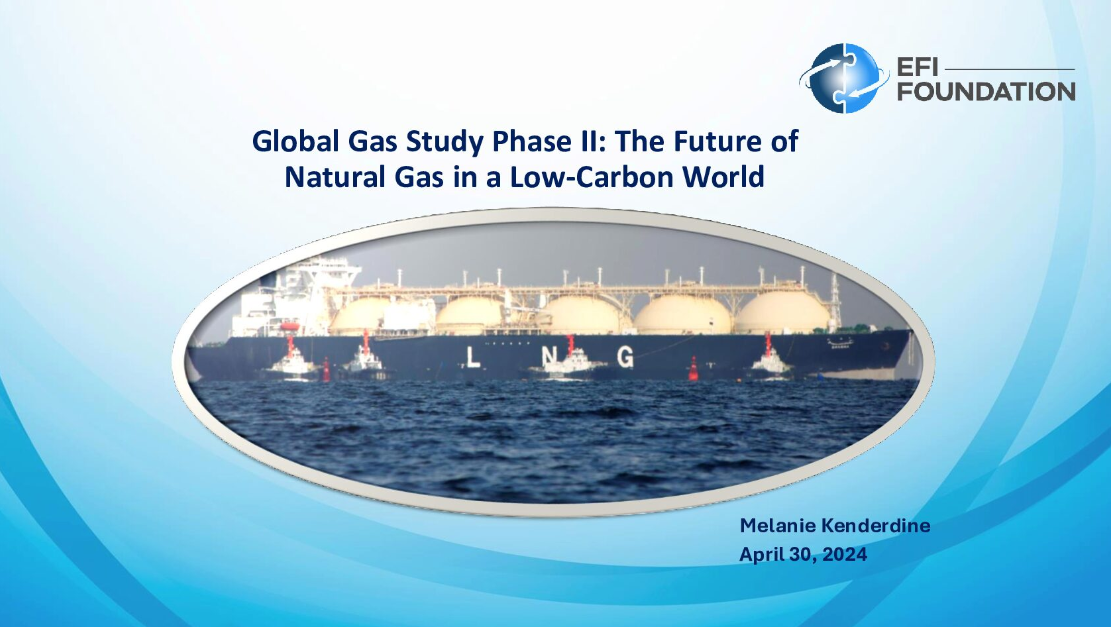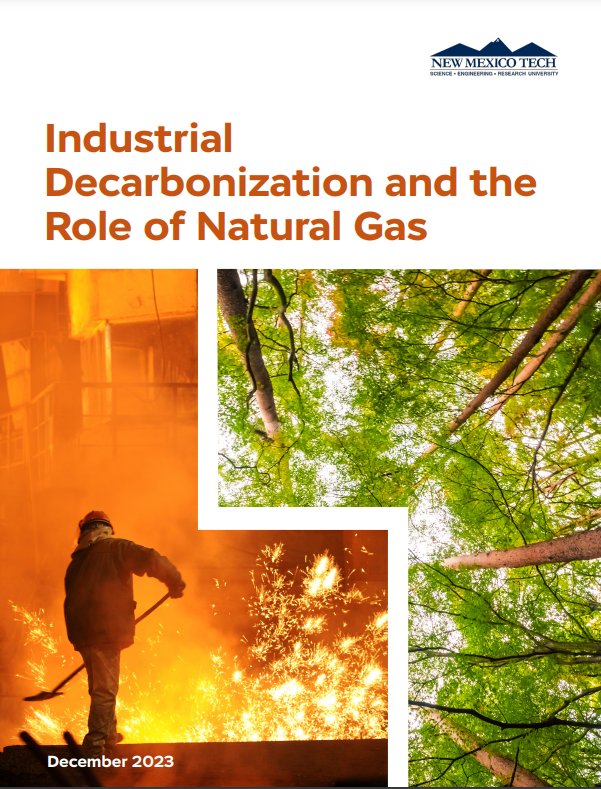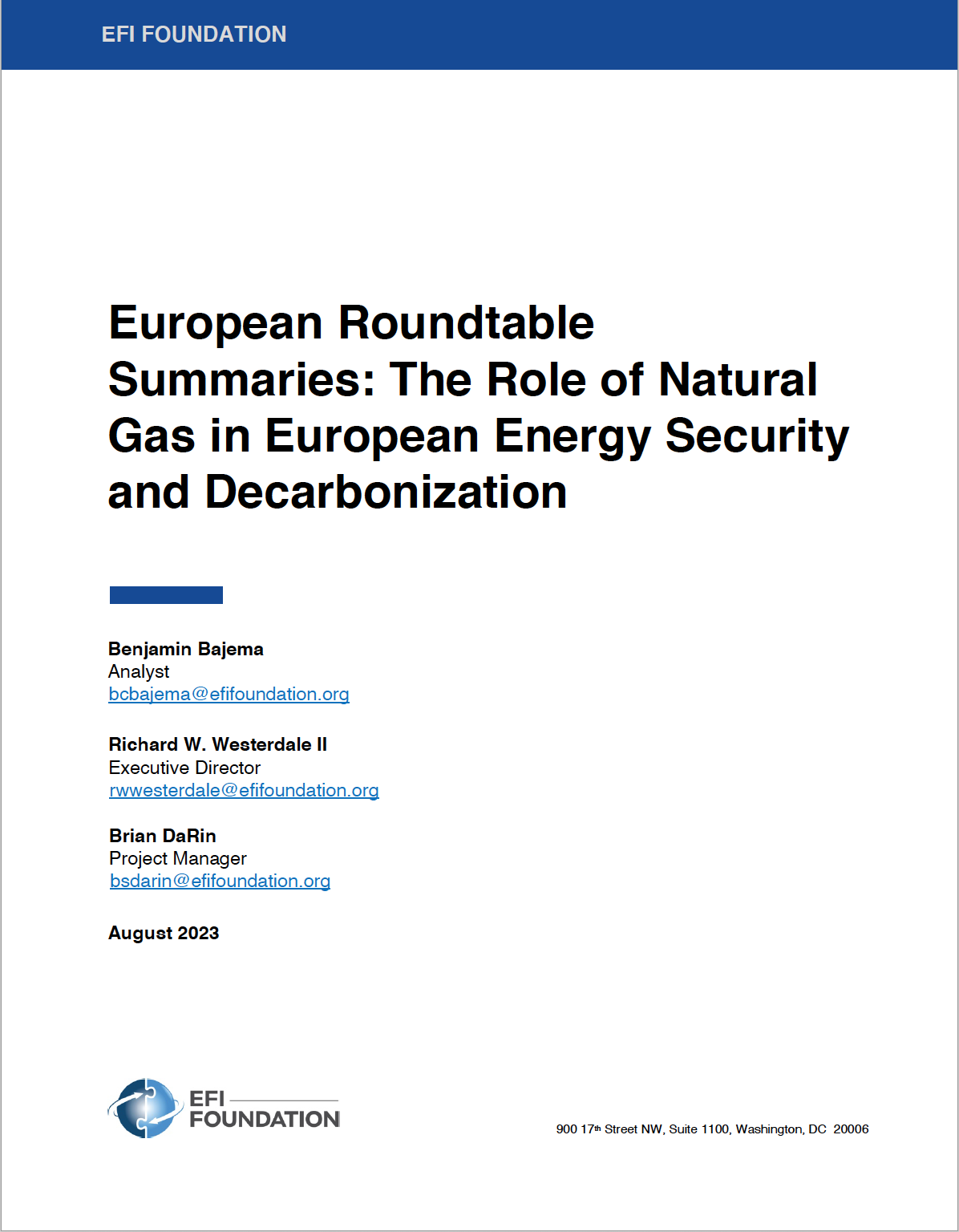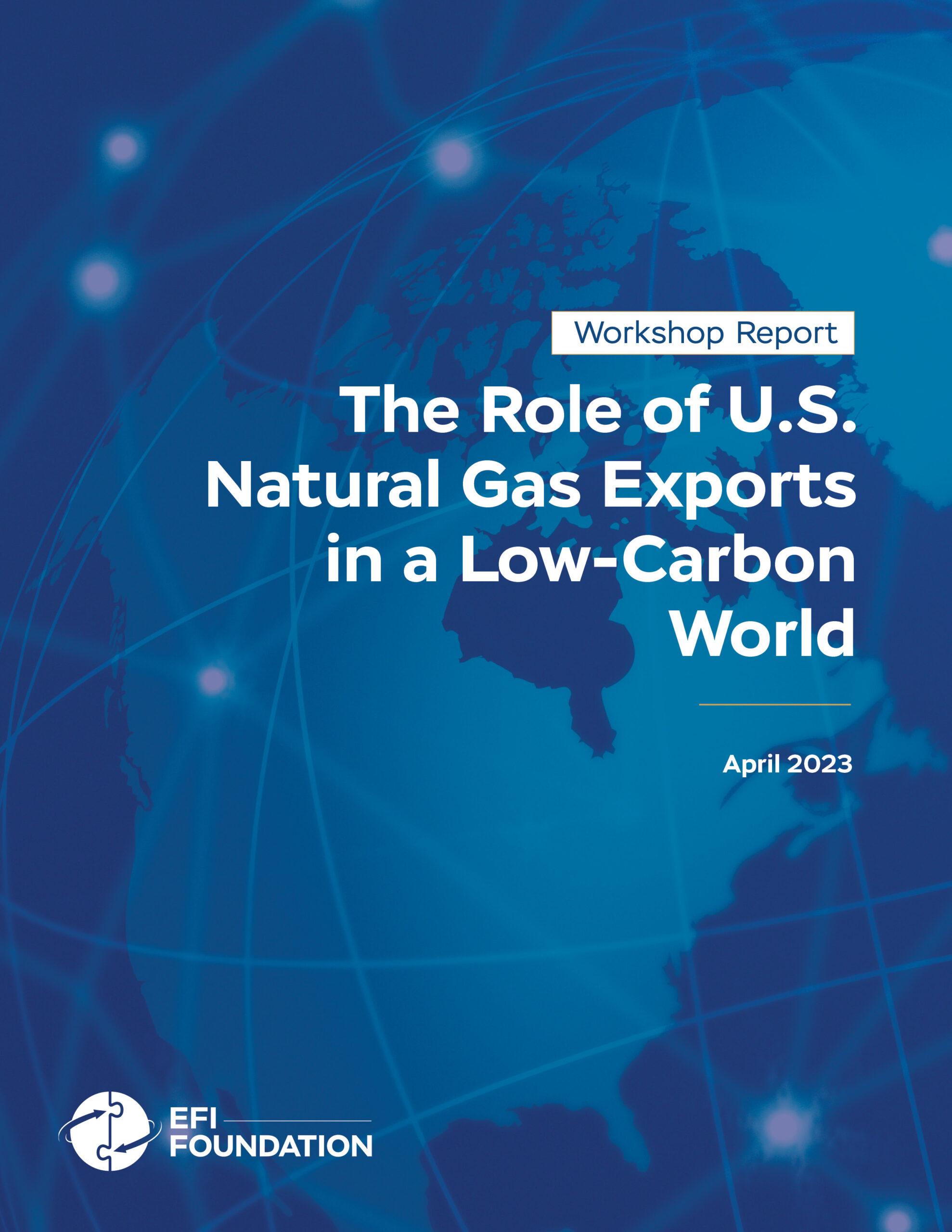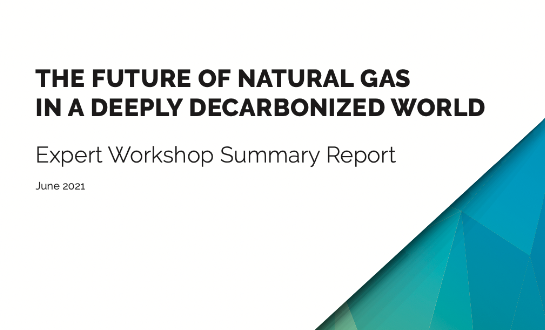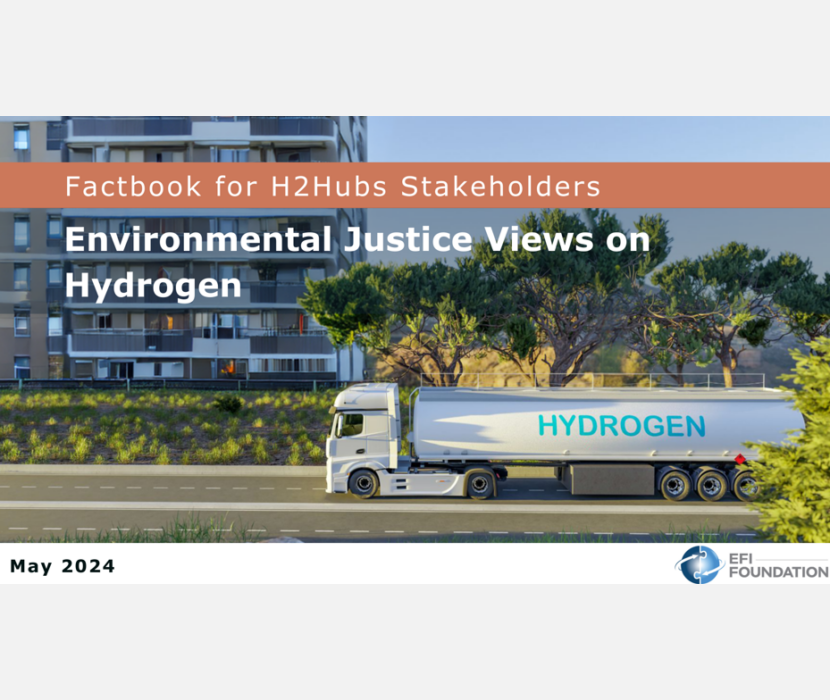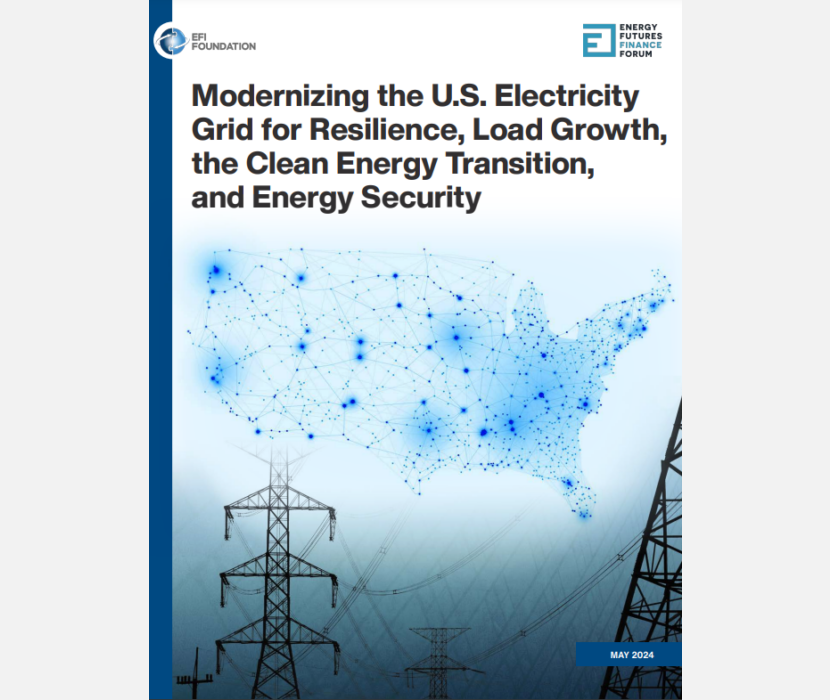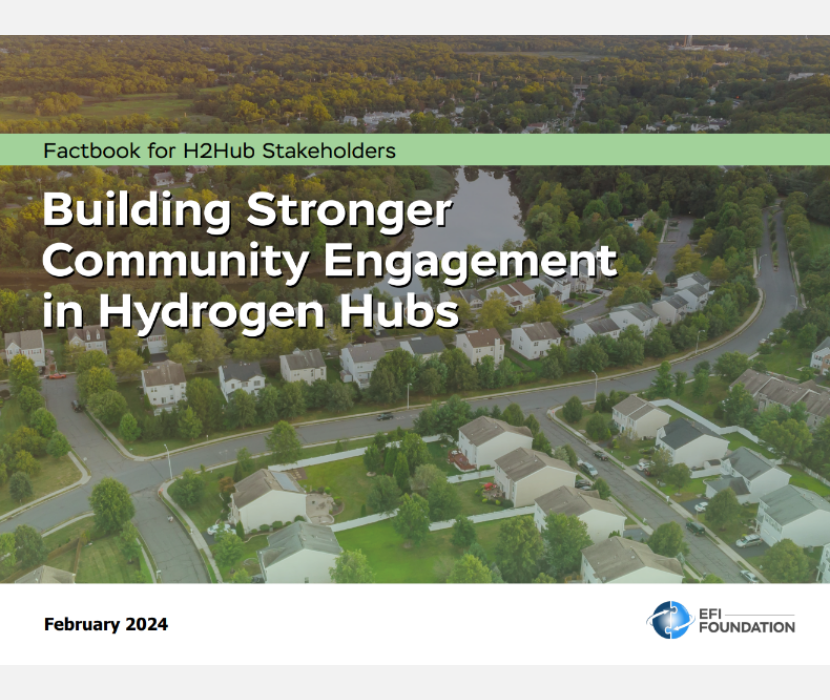The Future of Natural Gas in a Low-Carbon World (April 2024) is a culmination of 18 months of research, analysis, and convenings by the EFI Foundation on the role of natural gas in a low-carbon world. It examines its role from both a global perspective and the perspectives of Asia, Europe, and the United States. It also identifies policies, programs, and options for developing pragmatic, sequenced, and regionalized approaches. This work is Phase 2 of the EFI Foundation’s study on natural gas, following the Phase 1 study published by the Energy Futures Initiative (EFI) in 2021.
Natural gas plays a critical role in balancing the three dimensions of the “energy trilemma”: energy security (the ability to meet energy demands), energy equity (the ability to provide affordable energy for domestic and commercial use), and environmental sustainability (the ability to address climate change and other energy pollution issues). Natural gas is relatively low-cost, abundant, and versatile; it can help manage the intermittency of renewable power and plays an essential role in meeting energy demands.
Natural gas utilization, however, varies widely in the range of forecasts, and its future in a low-carbon world remains unclear. About three-quarters of the world’s countries and almost 1,000 global companies have net-zero targets, which will affect investments in natural gas. In the mid-to-long term, the largest challenge for the continued use of natural gas is that it is a fossil fuel that emits methane and carbon dioxide. While carbon dioxide emissions from natural gas combustion are substantially lower than those from coal or oil, the challenges associated with these emissions will determine the role of natural gas in the energy transition between now and midcentury.
This report recommends that decision-makers clarify the role of natural gas while balancing the competing priorities of the energy trilemma. Key recommendations are:
Energy Security
- Establish a collective action to develop energy security strategies for nations that produce and consume natural gas.
- Include an “Energy Security Determination” in evaluating U.S. liquified natural gas (LNG) export permits to non-free trade agreement countries, focusing on the impacts on allies and trading partners.
- The United States should commit to its global leadership role in meeting global energy security objectives, focused on natural gas exports.
- U.S. exporters of LNG should maintain destination flexibility by continuing to not require destination clauses.
- Establish information-sharing requirements in the United States and a convening authority to harmonize permitting requirements.
- Analyze the needs and operational implications of future natural gas-fired power plants and associated infrastructure in Europe and Asia.
Energy Equity
- Enhance support for the clean energy transition in developing countries, including securing reliable and affordable natural gas, emissions mitigation technology, and infrastructure.
- Increase public and private sector funding for funds dedicated to the energy transition.
- Expand financing from multilateral development banks (MDB) for methane emissions reduction projects.
- Reestablish an MDB carbon capture, utilization, and storage trust fund for developing countries.
- Develop an energy security road map through 2050 for the Asia-Pacific region.
Environmental Sustainability
- Build international consensus on greenhouse gas disclosure requirements for LNG.
- Assess the potential for natural gas and biogas associated with methane emissions and support innovation in difficult-to-abate sectors.
- Task the U.S. Council on Environmental Quality with clarifying the assessment criteria and guidance regarding emissions from U.S. LNG projects.
- Accelerate implementation of the Global Methane Pledge.
- Assess and quantify methane emissions from shipping LNG.
- Enhance cooperation among allies and trading partners on developing industrial decarbonization pathways for natural gas.
- Incentivize and accelerate research and development in technologies and policies that reduce the cost of electrifying industrial heat.
- Accelerate international collaboration on the deployment of CCUS technologies.
Crosscutting Needs: Cooperation in the implementation of Energy Transition Pathways
- Identify an international entity to develop consistent, transparent, and accurate methodologies for calculating Scope 1-3 emissions.
- Establish accurate and comprehensive GHG accounting.
- Request that the IEA add a decarbonization modeling scenario where carbon emissions targets accommodate economic development metrics.
- Complete a price-based climate policy economic analysis under the auspices for the United Nations Framework Convention on Climate Change.
Long-term progress toward a low-carbon global economy requires focusing on energy security, equity, and environmental sustainability. Success in any element of the trilemma facilitates success in all. Natural gas is important to addressing all three simultaneously and making the transition to a low-carbon economy. Countries should collaborate to manage the use of natural gas and offer pragmatic, sequenced, and regionalized approaches to its use in the energy transition.
Supplemental Material
Related Content
(Share this post with others.)


